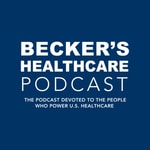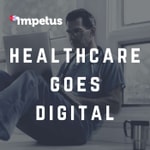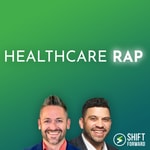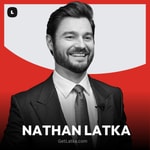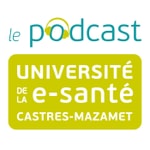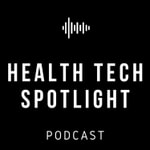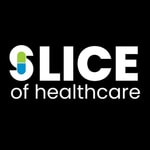Digital Health 101, by Dr. Stefano Bini and Digital Health Today – Details, episodes & analysis
Podcast details
Technical and general information from the podcast's RSS feed.
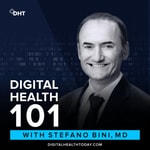
Digital Health 101, by Dr. Stefano Bini and Digital Health Today
Stefano Bini, MD
Frequency: 1 episode/14d. Total Eps: 14

Recent rankings
Latest chart positions across Apple Podcasts and Spotify rankings.
Apple Podcasts
🇫🇷 France - medicine
11/09/2024#99🇫🇷 France - medicine
10/09/2024#73
Spotify
No recent rankings available
Shared links between episodes and podcasts
Links found in episode descriptions and other podcasts that share them.
See all- https://www.cloudbreak.us/
6 shares
- https://www.memorahealth.com/
6 shares
- https://www.redoxengine.com/
4 shares
- https://twitter.com/ShafiAhmed5
4 shares
- https://twitter.com/mnvsevak
2 shares
RSS feed quality and score
Technical evaluation of the podcast's RSS feed quality and structure.
See allScore global : 83%
Publication history
Monthly episode publishing history over the past years.
What is Enterprise Blockchain? How is it Used?
Season 1 · Episode 13
mercredi 30 mars 2022 • Duration 36:49
What is Synthetic Data? How Can it be Applied in Healthcare?
Season 1 · Episode 12
mardi 15 février 2022 • Duration 28:20
What is a Digital Therapeutic? And how do they work?
Season 1 · Episode 3
mercredi 20 octobre 2021 • Duration 30:44
What is Virtual Reality? And how can it be used in healthcare?
Season 1 · Episode 2
mercredi 13 octobre 2021 • Duration 28:19
Shafi Ahmed on Democratizing Surgical Training Through Virtual Reality
Season 1 · Episode 1
mercredi 6 octobre 2021 • Duration 32:24
Trailer: Welcome to Digital Health 101
mercredi 29 septembre 2021 • Duration 02:22
What are Chatbots? And how can Chatbots be Used in Healthcare?
Season 1 · Episode 11
mardi 8 février 2022 • Duration 33:40
What is computer vision? How do computers see?
Season 1 · Episode 10
mercredi 8 décembre 2021 • Duration 31:16
How can you achieve Interoperability and protect privacy?
Season 1 · Episode 9
mercredi 1 décembre 2021 • Duration 25:34
Using AI in the Operating Room
Season 1 · Episode 8
jeudi 25 novembre 2021 • Duration 31:45
